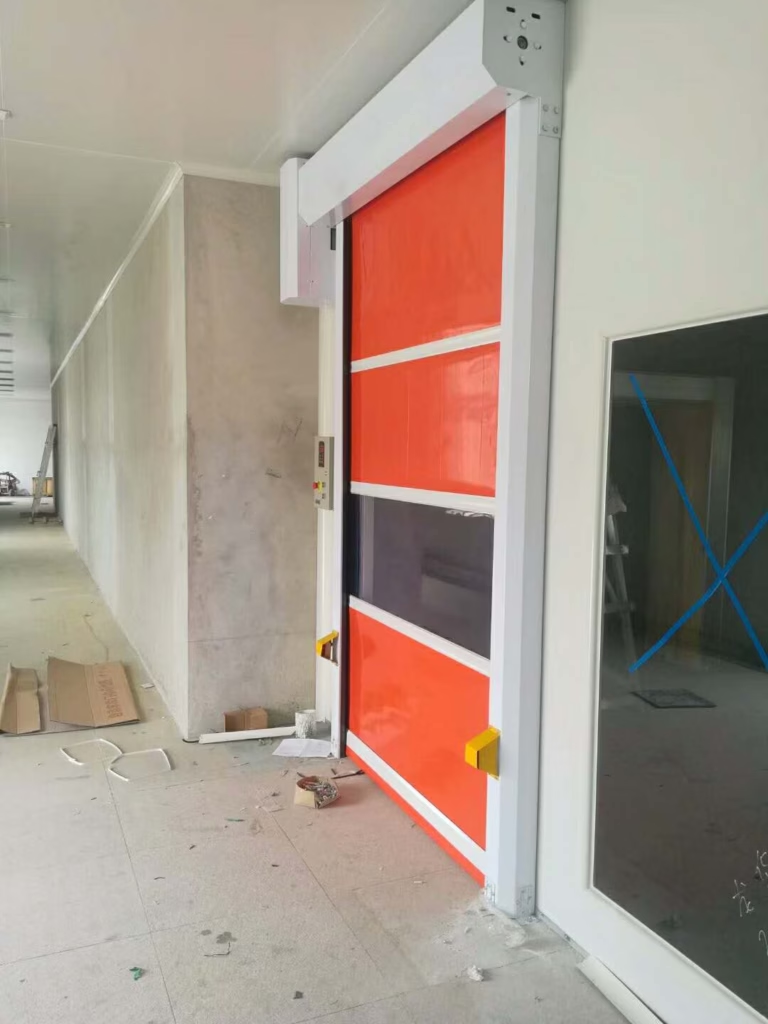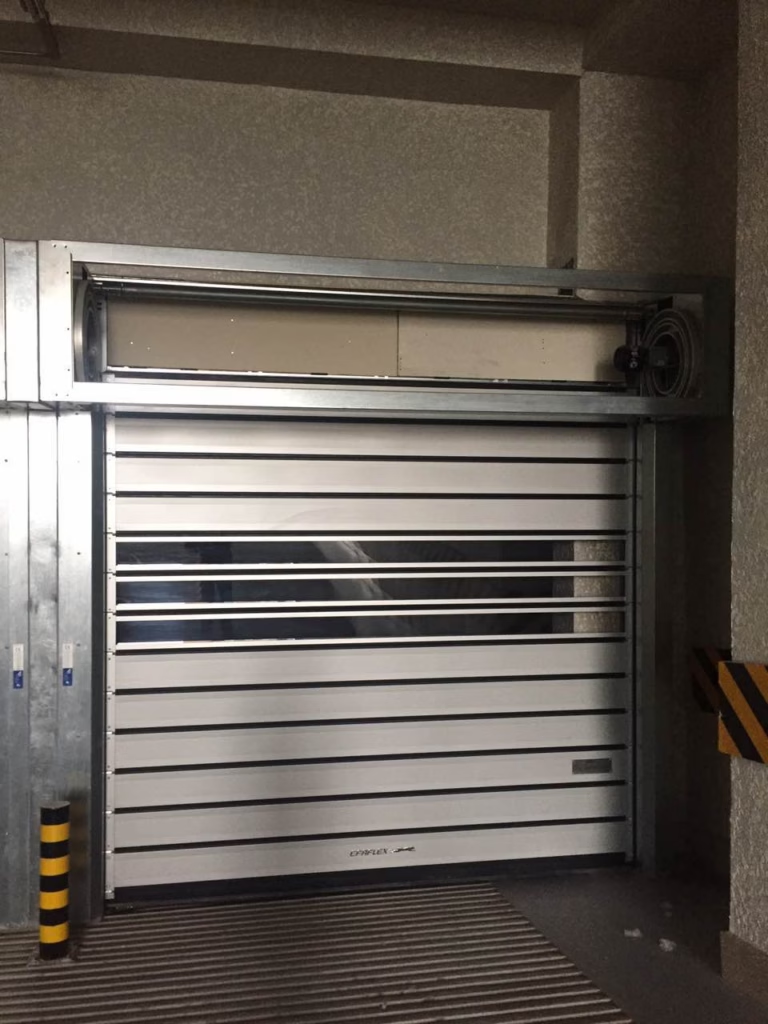rolling door
Rolling Doors: A Comprehensive Guide to Types, Benefits, and Applications
What Are Rolling Doors?
Rolling doors, also known as roller shutters or overhead coiling doors, are versatile security and access solutions used in residential, commercial, and industrial settings. These doors consist of horizontal slats or panels that roll up into a compact coil above the door opening when opened, saving space and providing efficient operation.
Unlike traditional swinging or sliding doors, rolling doors are designed for high durability, security, and ease of use. They are commonly made from materials like steel, aluminum, or fiberglass, offering varying degrees of insulation, weather resistance, and strength.
Types of Rolling Doors
1. Manual Rolling Doors
Manual rolling doors are operated by hand using a crank or pull chain. They are cost-effective and ideal for low-traffic areas where automation is unnecessary.
- Best for: Small businesses, garages, storage units
- Pros: Affordable, low maintenance, no power dependency
- Cons: Less convenient for frequent use
2. Motorized Rolling Doors
Motorized rolling doors use an electric motor for automatic operation, often controlled by a remote, keypad, or smart device.
- Best for: Warehouses, industrial facilities, high-traffic commercial spaces
- Pros: Convenient, enhances security, integrates with access control systems
- Cons: Higher upfront cost, requires power supply
3. Fire-Rated Rolling Doors
These doors are designed to prevent the spread of fire and smoke, meeting strict safety regulations. They automatically close when triggered by fire alarms.
- Best for: Hospitals, data centers, industrial plants
- Pros: Life-saving, complies with fire codes, durable construction
- Cons: Expensive, requires professional installation
4. Insulated Rolling Doors
Insulated rolling doors feature thermal barriers to regulate indoor temperatures, reducing energy costs.
- Best for: Cold storage, climate-controlled facilities, garages
- Pros: Energy-efficient, noise reduction, weather-resistant
- Cons: Heavier, higher cost than non-insulated options
5. Security Rolling Doors
Constructed from reinforced steel or aluminum, these doors provide maximum protection against break-ins and vandalism.
- Best for: Retail stores, banks, high-security facilities
- Pros: Deterrent against theft, impact-resistant, customizable locking mechanisms
- Cons: Bulky, may require professional maintenance
6. High-Speed Rolling Doors
Designed for rapid opening and closing, these doors improve workflow efficiency in industrial settings.
- Best for: Loading docks, manufacturing plants, food processing facilities
- Pros: Reduces energy loss, enhances productivity, durable
- Cons: Higher maintenance needs, expensive
Key Benefits of Rolling Doors
1. Space Efficiency
Rolling doors coil vertically, eliminating the need for swing or sliding space, making them ideal for tight areas.
2. Enhanced Security
With reinforced materials and advanced locking systems, rolling doors provide superior protection against unauthorized access.
3. Durability & Weather Resistance
Constructed from robust materials, they withstand harsh weather, corrosion, and heavy use.
4. Energy Efficiency
Insulated models help maintain indoor temperatures, reducing heating and cooling costs.
5. Noise Reduction
Thick, insulated rolling doors minimize external noise, beneficial for commercial and residential use.
6. Customizable Design
Available in various colors, finishes, and materials to match architectural aesthetics.
Applications of Rolling Doors
1. Commercial Use
- Retail Stores: Security rolling doors protect merchandise after hours.
- Restaurants: Insulated doors maintain kitchen temperatures.
- Parking Garages: High-speed doors regulate vehicle access.
2. Industrial Use
- Warehouses: Motorized rolling doors streamline logistics.
- Manufacturing Plants: Fire-rated doors ensure safety compliance.
- Loading Docks: High-speed doors improve operational efficiency.
3. Residential Use
- Garages: Insulated rolling doors enhance energy efficiency.
- Home Security: Reinforced rolling doors deter burglaries.
Factors to Consider When Choosing Rolling Doors
1. Material
- Steel: Strongest, most secure, but heavier.
- Aluminum: Lightweight, rust-resistant, ideal for coastal areas.
- Fiberglass: Corrosion-proof, best for humid environments.
2. Insulation Needs
- Single-layer: Basic protection, less insulation.
- Double-layer: Improved thermal efficiency.
- Foam-filled: Maximum insulation for extreme climates.
3. Operation Mechanism
- Manual: Budget-friendly, simple maintenance.
- Motorized: Convenient, integrates with smart systems.
4. Security Features
- Locking bars: Prevent forced entry.
- Alarm integration: Enhances protection.
5. Maintenance Requirements
- Lubrication: Keeps tracks and rollers smooth.
- Inspection: Regular checks for wear and tear.
Installation & Maintenance Tips
1. Professional Installation
Improper installation can lead to operational issues. Always hire certified technicians.
2. Routine Maintenance
- Clean tracks and rollers monthly.
- Lubricate moving parts to prevent friction.
- Inspect for dents, rust, or misalignment.
3. Troubleshooting Common Issues
- Door Sticking: Check for debris in tracks.
- Noisy Operation: Apply silicone-based lubricant.
- Motor Failure: Verify power supply and wiring.
Cost of Rolling Doors
Prices vary based on material, size, and features:
- Manual: $300 – $1,500
- Motorized: $1,500 – $5,000+
- Fire-rated: $2,000 – $8,000
- High-speed: $3,000 – $10,000
Top Rolling Door Brands
- Clopay: Known for durability and customization.
- Rytec: Leader in high-speed industrial doors.
- Overhead Door: Trusted for commercial and residential solutions.
- Hormann: Premium European-quality rolling doors.
- ASSA ABLOY: Advanced security and automation options.
Future Trends in Rolling Doors
- Smart Technology Integration: IoT-enabled doors with remote monitoring.
- Sustainable Materials: Eco-friendly, recyclable door components.
- Enhanced Automation: AI-driven predictive maintenance.
Rolling doors remain a top choice for security, efficiency, and convenience across industries. Selecting the right type depends on specific needs, budget, and operational demands.


